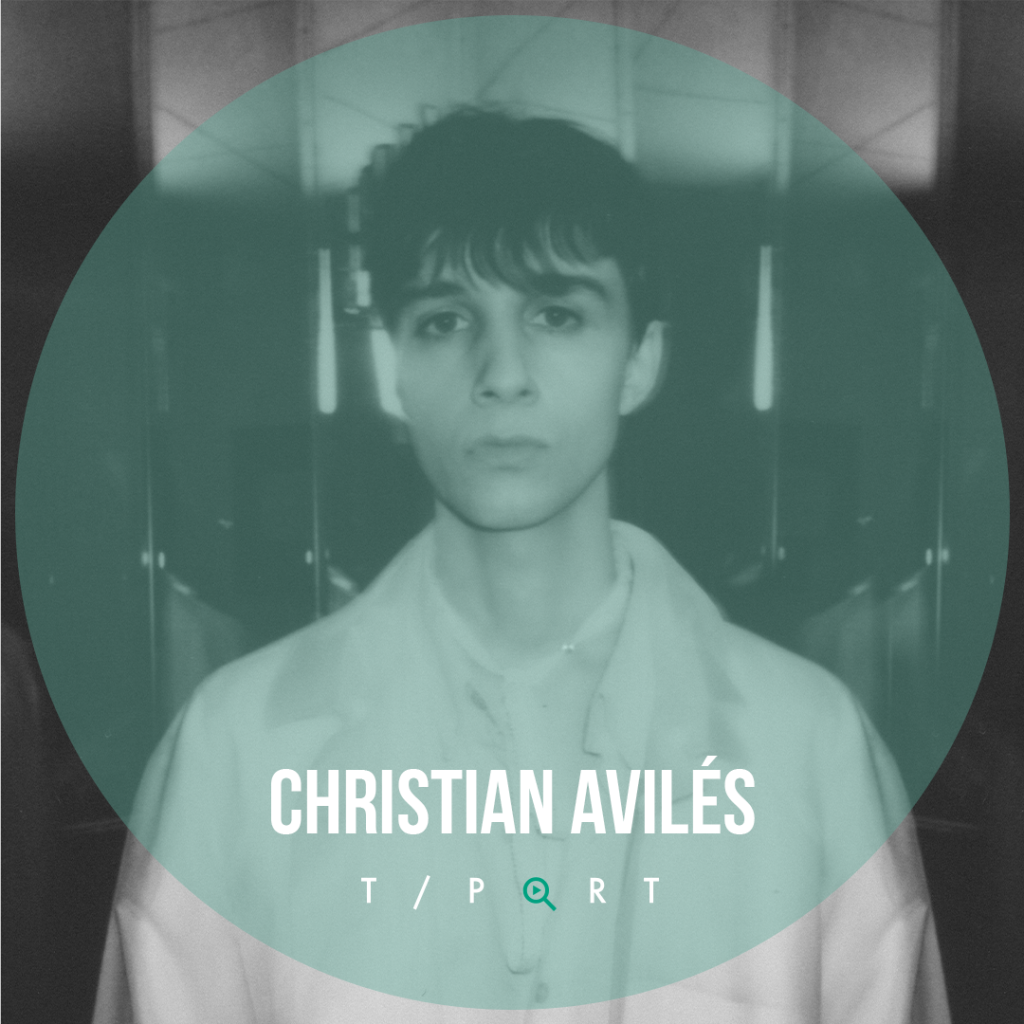
This week, several upcoming European filmmakers will be sharing their work at the prestigious Karlovy Vary Film Festival as part of the European Film Promotion’s (EFP) Future Frames Programme. One of whom is the Spanish director Christian Avilés, whose graduation film DAYDREAMING SO VIVIDLY ABOUT OUR SPANISH HOLIDAYS has already screened at Berlinale, Kurzfilm Hamburg, Indie Lisboa and beyond.
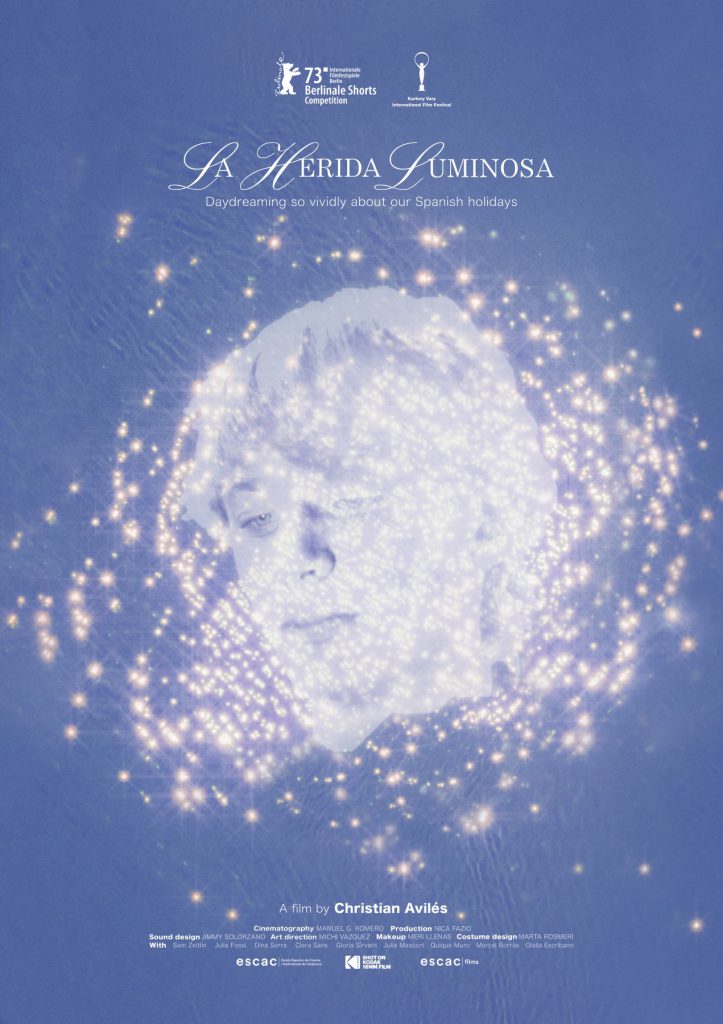
Hi Christian! Would you like to introduce yourself?
I was born and raised in a village on the outskirts of Barcelona. I started having the desire to make films while growing up and more specifically through the teenage years. Those are years where you feel a lot but at the same time it can be difficult to express it, so shaping those feelings into scripts and music gave me peace.
There is so much contradiction and so many unanswered questions in the process of becoming somewhat not-a-kid-anymore that I feel it is very inspiring and suggestive when it comes to creating.
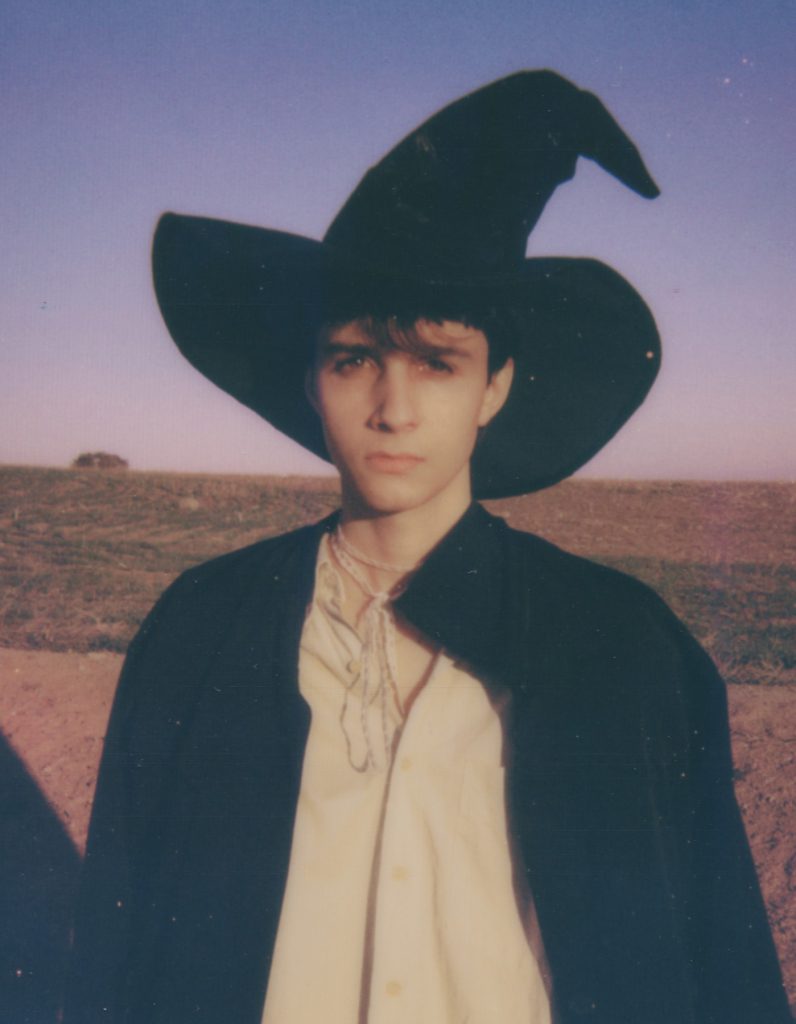
How did you first start working on this film?
I had the desire to tell a story about the things that could be happening right in front of our eyes without us noticing. I’m always drawn to the mystical and hidden elements that co-exist in our reality, I tend to obsess over the occult.
LA HERIDA LUMINOSA is based on a context that is very real and contemporary: everyone in Spain is aware of the type of tourism that takes place in our Islands as well as in our coastal cities. So many times it has to do with alcohol, drugs, young people jumping off balconies… Fantasising about what could be behind this is a way of channelling this idea, of finding the magical element in a place where we don’t expect it.
In the film, the island becomes somewhere sacred, more of a pilgrimage than an ordinary holiday destination.
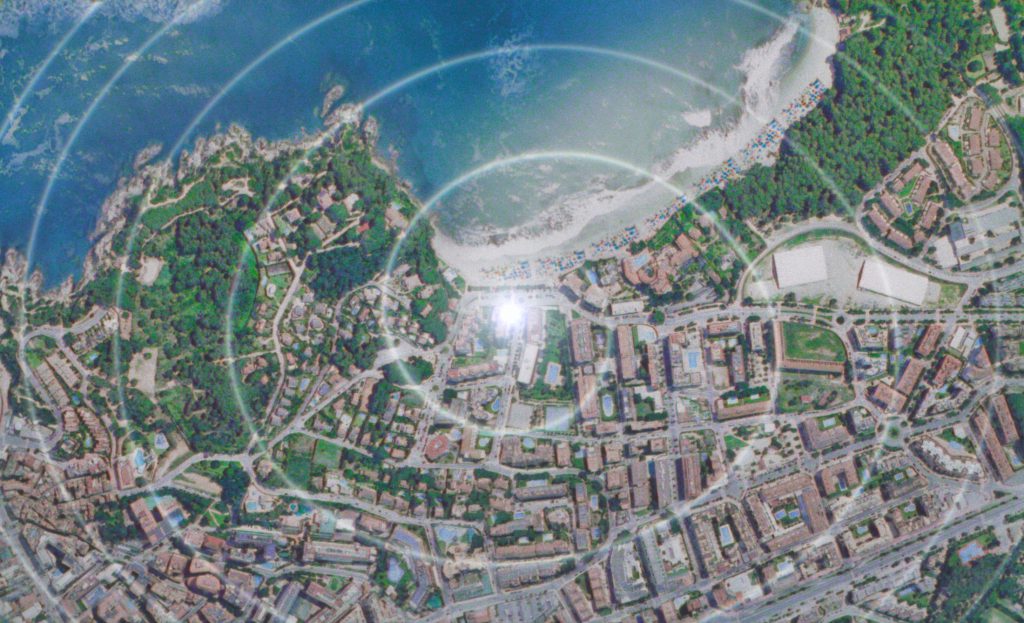
What were the biggest challenges you encountered during filming?
Making the film felt like something I kept on discovering during every part of the process. It’s been a challenge to write and direct it, but also to compose the music and edit. I had a project in mind with an ambition that didn’t match the resources at hand, so there was a lot of time and thought put into how to make it come to life.
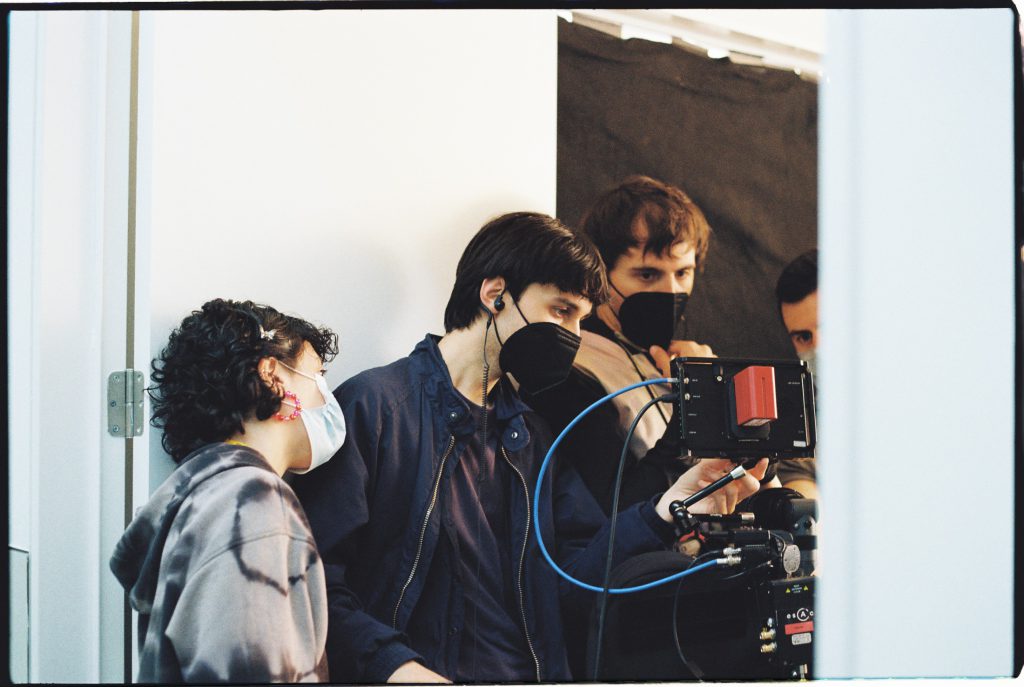
Tell us about the sound choices in your film
I composed all the music for the film thinking about this trance and daydream feeling. I was listening to lullabies and the type of flute music that would belong in a fairy tale, which served me as great inspiration when composing and producing the tracks. As for the sound design it was a similar idea; going for an unreal and magical take of the sonic landscape.
What were your main goals and techniques in creating the visual style of your film?
It was very important to my cinematographer and I to capture reality through a more eerie and spectral lens. So many of our visual references came from YouTube videos, images from the media, so very raw and actual footage of Mallorca. While we wanted to pursue the already existing essence of the place, we also wanted to build a daydream feel to it in order to reach this fairy-tale dimension. For that reason we pursue shooting in 16mm. The light in the film is luring the characters into its warmth, its life and its magic. It’s their purpose to reach it and get as close to it as they possibly can.
From the beginning of the story, we see the main character living in a world of shadows where nothing shines. When he is given the golden card that will reveal his future fate, it is the first time that the boy is stricken by light of any sort. I find it interesting that you use the word threatening to refer to it, because it’s true from a viewer point of view, we might perceive it as something dangerous for the teenagers, like a hypnosis, seeing mostly the harm it will cause to their bodies.
But going back to the idea of the luring, they willingly accept to go wherever the light wants to take them. At a deeper level, they need to let it into their system, beyond their physical form. They crave it.
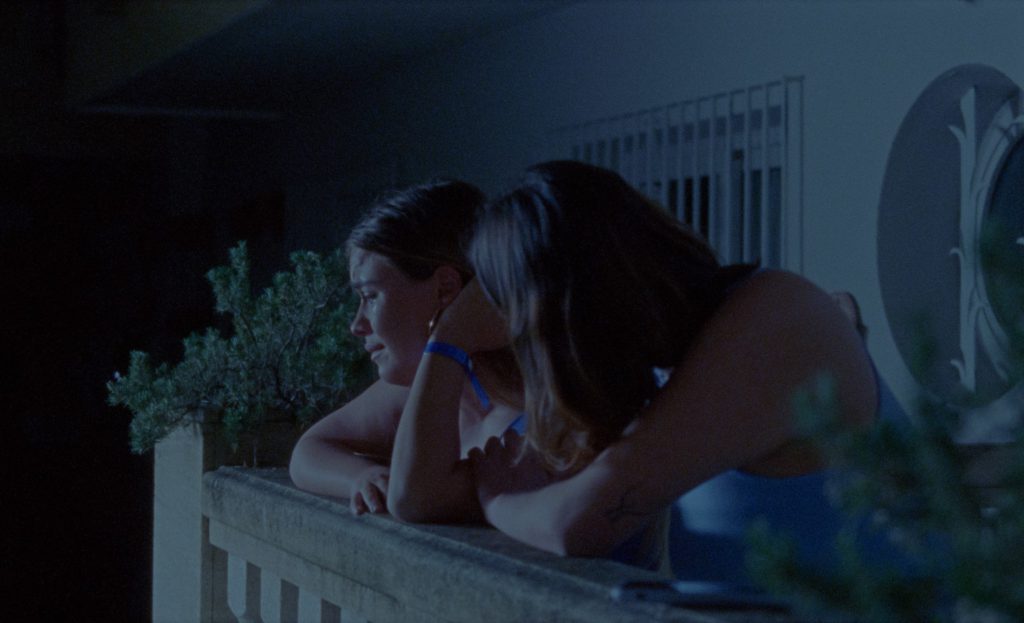
Can you share the most important lessons you learned through the process of making the film?
While working on the film many questions arose, and I was very happy to learn that eventually all the answers came from within, from intuition; that’s the most important lesson I learnt, that intuition is the most accurate guide.
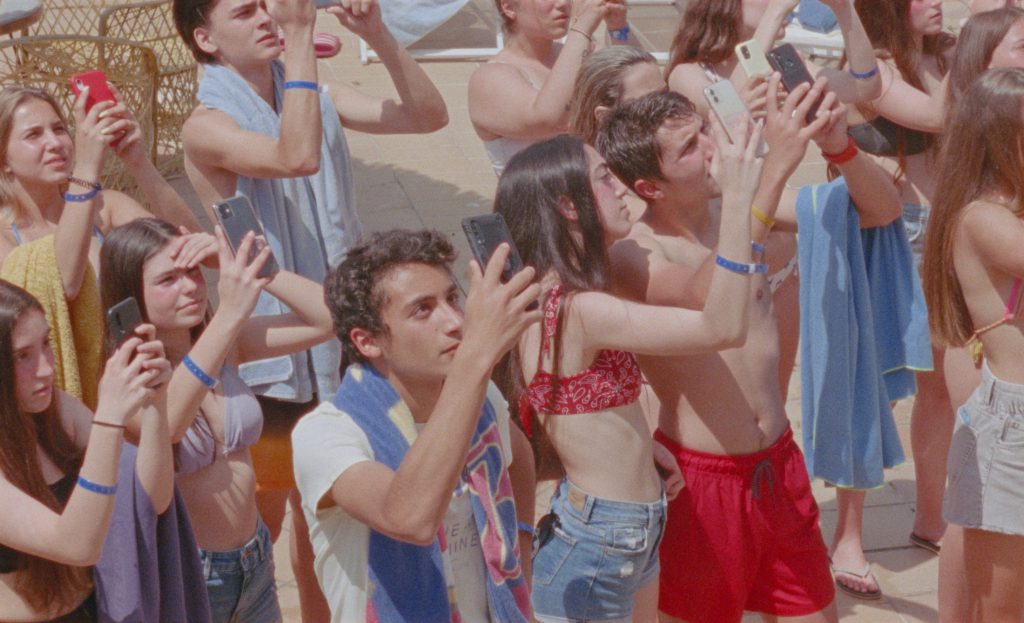
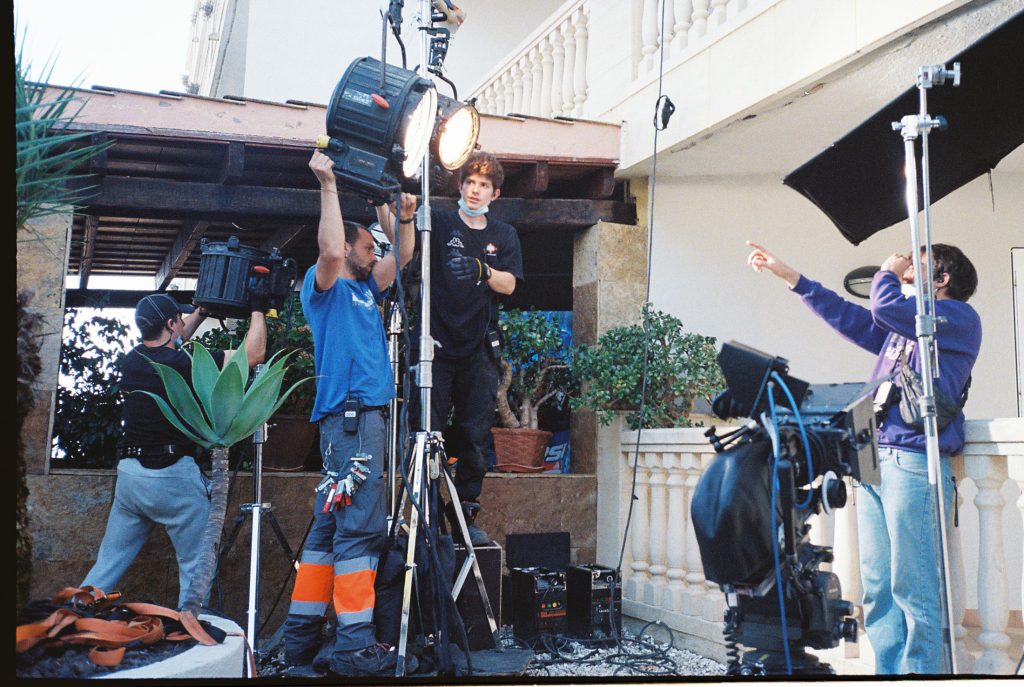
If you could go back in time to pre-production and give yourself one piece of advice, what would it be?
To not hold back, and try to enjoy every part of the process.
What was it like for you working with the actors you cast? Do you have a technique for directing actors you can tell us about?
Creating a space where both the actors and I would feel comfortable working is key. Then I also believe in rehearsing as much as possible, and making sure that everyone understands what they’re doing and why. I appreciate improvisation in order to have the actors try to guess how a character would react in a certain situation, to have fun digging into the minds they are trying to possess.
How has the process of distributing the film been for you so far? What have you learned?
As I have been handling most of the distribution myself, it has been a chance to understand this other part of a film’s life. To be in touch with festivals on a personal and professional level is insightful in a way that helps you understand where your film will fit best, as well as for future projects.
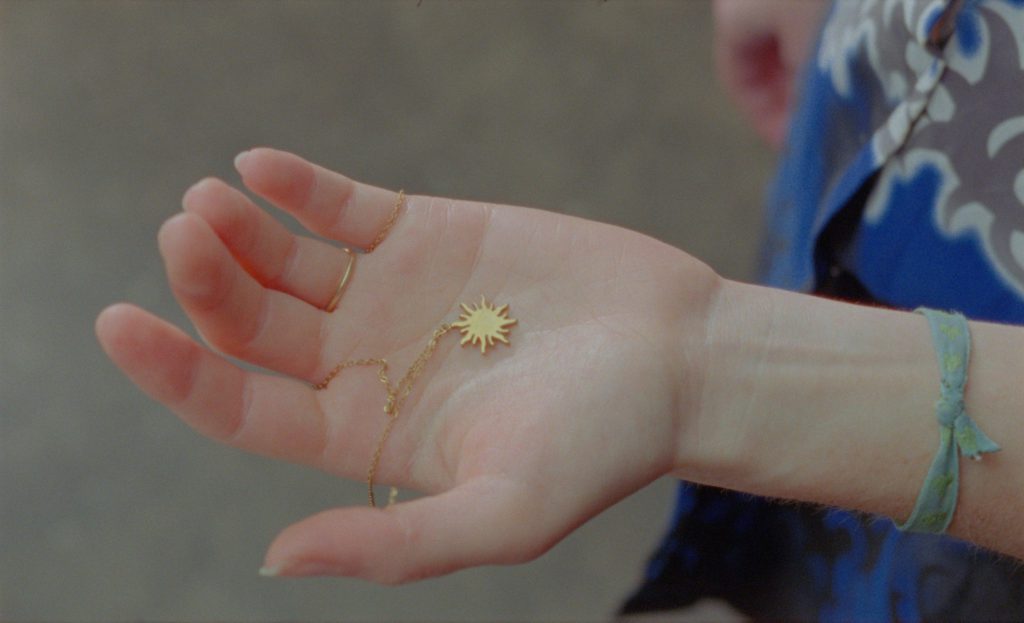
What are your plans and dreams for the future?
I’m currently working on a short and a feature, I’m very passionate about these projects. My dream would be to be able to shoot some time late 2023 and let you know about it.
If you are a film industry professional and would like access to the catalogue and more, find out here how to sign up.
Filmmaker? Upload your short film to T-Port or sign up for our newsletter to get regular updates on the current trends and exciting innovations in the short film universe.
